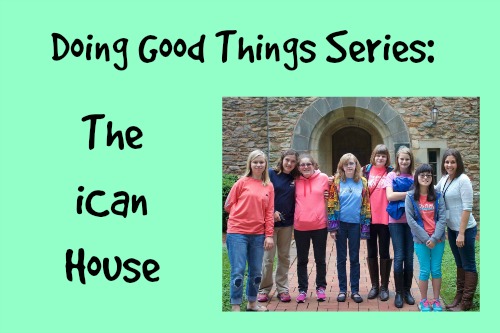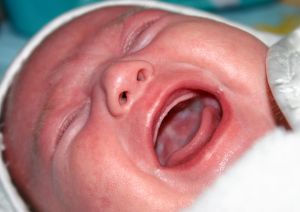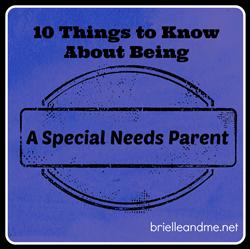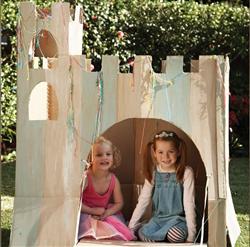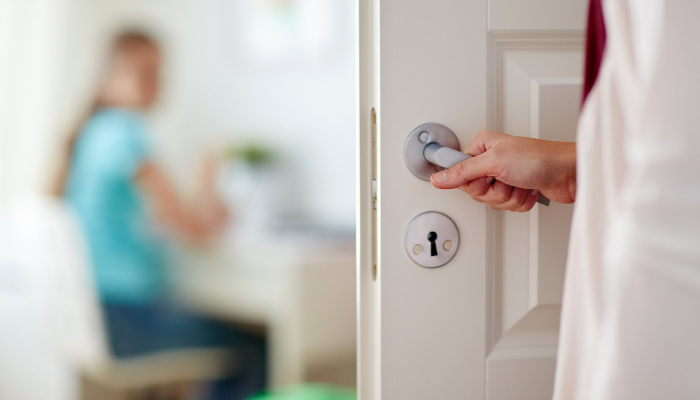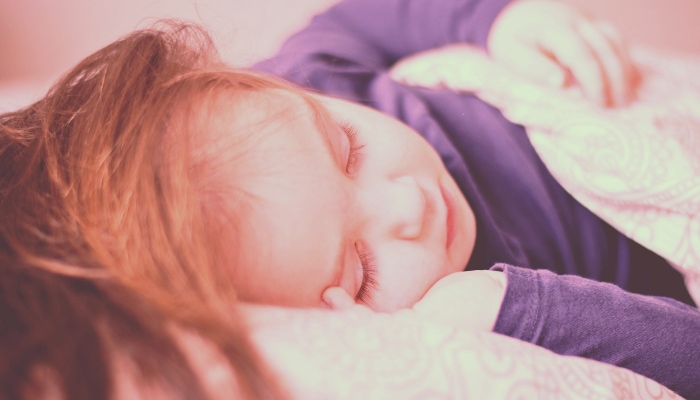“Doing Good Things Series” ~ The iCan House
By Guest Bloggers Kim Shufran and Courtney Perry
In 2008, the iCan House was created by Kim Shufran who was seeking support and help for her daughter, Erica. Kim’s intelligent, sweet, and engaging 11year old daughter was eager to make friends, but struggled so much in social situations that her attempts at connecting with other kids her age proved unsuccessful.
After Erica was diagnosed with Asperger’s Syndrome, a high functioning form of autism, Kim sought resources and local services for her to acquire the social skills that she was lacking. Discovering no such place existed, Kim designed and opened iCan House as a place for learning and support.
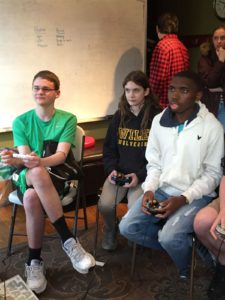 When first opening, iCan House programs focused on the social communication skill training of school age children with autism and Asperger’s Syndrome. However as the community learned by word of mouth of the success and impact of iCan programs, the demand grew and the scope expanded. Kim realized that the needs in the community went beyond her initial plans, recognizing the lack of support for many individuals with social difficulties after high school.
When first opening, iCan House programs focused on the social communication skill training of school age children with autism and Asperger’s Syndrome. However as the community learned by word of mouth of the success and impact of iCan programs, the demand grew and the scope expanded. Kim realized that the needs in the community went beyond her initial plans, recognizing the lack of support for many individuals with social difficulties after high school.
In addition to children, teenagers and adults in the community needed to learn these crucial skills— many of whom had no diagnosis of autism. In 2009, the iCan House gained its nonprofit status and officially opened its doors to anyone who needed a place to learn, socialize, and belong— no diagnosis required.
Today over 110 people from ages eight to adult attend weekly programs at the iCan House. Currently, 50% of program attendees are over the age of 18. Since its conception, the iCan House has been on the leading edge writing unique curriculum for social communication programs. Using a club-based model, participants are invited to join a club and thus begin to experience a sense of belonging and acceptance, often for the first time in their lives. By learning and practicing social skills in a safe environment, confidence and self-esteem flourish.
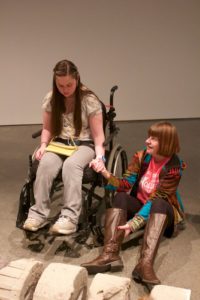 In addition to conversation skills, members learn about perspective-taking skills, emotional control, independence and problem solving, executive functioning, sportsmanship, maintaining a positive outlook, flexibility, and how to make and keep friends. Colorful visuals, group games, and hands-on activities reinforce these concepts, and parents learn how they can support and foster these newly acquired skills at school, home, and in public.
In addition to conversation skills, members learn about perspective-taking skills, emotional control, independence and problem solving, executive functioning, sportsmanship, maintaining a positive outlook, flexibility, and how to make and keep friends. Colorful visuals, group games, and hands-on activities reinforce these concepts, and parents learn how they can support and foster these newly acquired skills at school, home, and in public.
At the iCan House, lives are transformed every day. Often for the first time, a child makes a friend, a teenager is accepted and not judged by peers, and adults who have been isolated and ostracized actually have a social life with new friends. The iCan House helps celebrate neurodiversity, appreciating that many people process information in different ways, and one way is notmore “correct” than another. As Steve Silberman, author of NeuroTribes: The Legacy of Autism and the Future of Neurodiversity stated, “It’s a living fact. The word [neurodiversity] simply means that there are different styles of cognition and different types of minds, and that fact should be celebrated rather than pathologized.” It is by this principle that iCan House operates, seeing its members as unique and wonderful, undefined by a label or diagnosis.
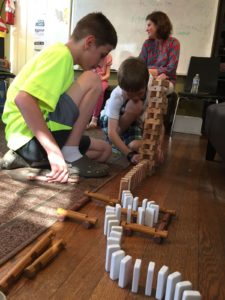 Understanding that many people who contact the iCan House are either socially uncomfortable themselves or have a loved one who is struggling socially, the well-trained and compassionate staff ensure that the club enrollment process is non-stressful and uncomplicated. To join a program, a person simply needs to call or email the iCan House, and a staff member will guide him or her through the process. After an initial phone call, if one of the iCan House programs seems to be a good fit for the potential member, an in-person visit to the iCan House is scheduled. The cost of each program differs based on its meeting frequency and content, and scholarship assistance is available on a financial need basis.
Understanding that many people who contact the iCan House are either socially uncomfortable themselves or have a loved one who is struggling socially, the well-trained and compassionate staff ensure that the club enrollment process is non-stressful and uncomplicated. To join a program, a person simply needs to call or email the iCan House, and a staff member will guide him or her through the process. After an initial phone call, if one of the iCan House programs seems to be a good fit for the potential member, an in-person visit to the iCan House is scheduled. The cost of each program differs based on its meeting frequency and content, and scholarship assistance is available on a financial need basis.
In addition to helping individuals improve their self-esteem and social skills,the iCan House is also working with members to prepare for what comes after childhood and adolescence: the working world. The iCan House has partnered with local organizations that offer employment opportunities to people with developmental disabilities or social differences. Through these partnerships, iCan House members are able to gain employment, and supervisors and managers are taught the value of these skilled and dedicated workers.
Most recently, a collaborative project with the Goodwill of Northwest North Carolina gave way to the newest iCan House program called iCan Work. Through this sixweek course, adults are taught employment skills ranging from interview etiquette to workplace dynamics and interpersonal relationships.
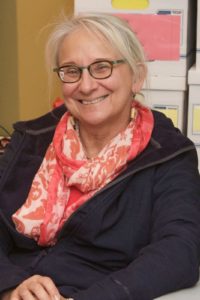 To continue their current programs and expand the reach to even more people, the iCan House is in need of community and organizational support. There are many ways to get involved! Visit the iCan House website to make a financial donation, donate supplies or services, learn about volunteer opportunities, or become a board member or community partner.
To continue their current programs and expand the reach to even more people, the iCan House is in need of community and organizational support. There are many ways to get involved! Visit the iCan House website to make a financial donation, donate supplies or services, learn about volunteer opportunities, or become a board member or community partner.
Countless studies have shown that social connection and a sense of belonging is at the core of health and well-being. Without meaningful social relationships, a person is at risk of isolation, victimization, and illness. Through iCan House programs, children and adults learn skills that are essential for independence and lifelong success, all while having fun with an accepting group of friends.
For more information call 3367230050 or email info@icanhouse.com www.iCanHouse.org.
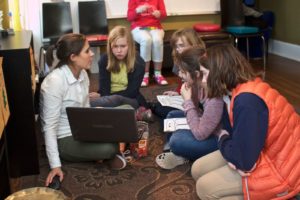
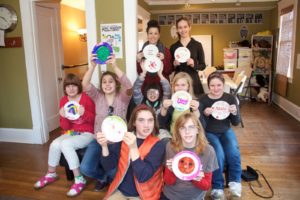
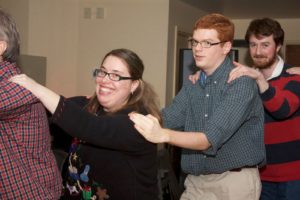
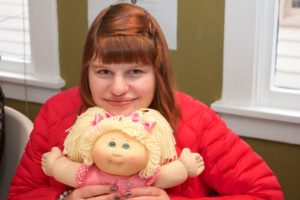
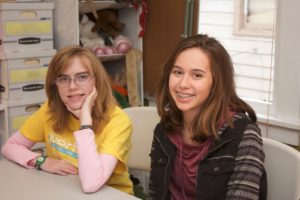
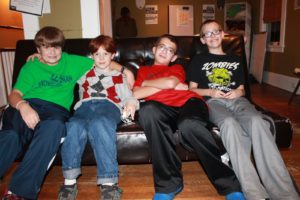
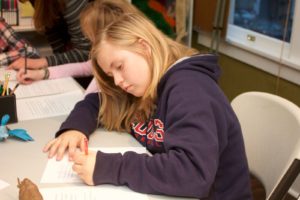
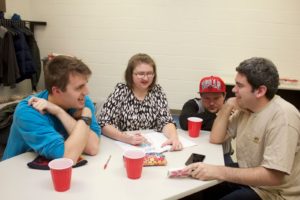
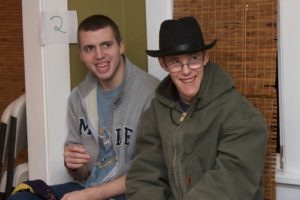
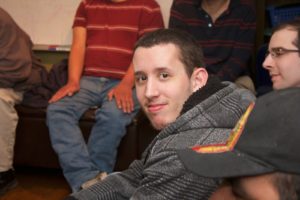
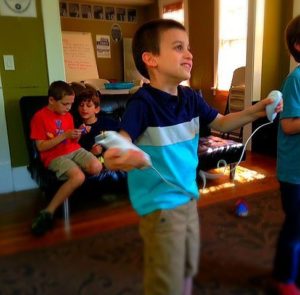
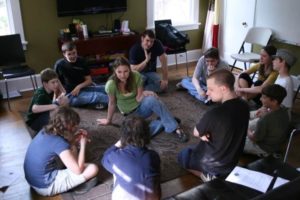
Check out other “Doing Good Things” blogs here:
“Doing Good Things Series” – H.O.P.E
“Doing Good Things Series”- Empowered Girls of North Carolina
“Doing Good Things Series” – The Speech Bus
“Doing Good Things Series” – Buddy Break
“Doing Good Things Series” ~ The Robert DeLoach Heroes League

